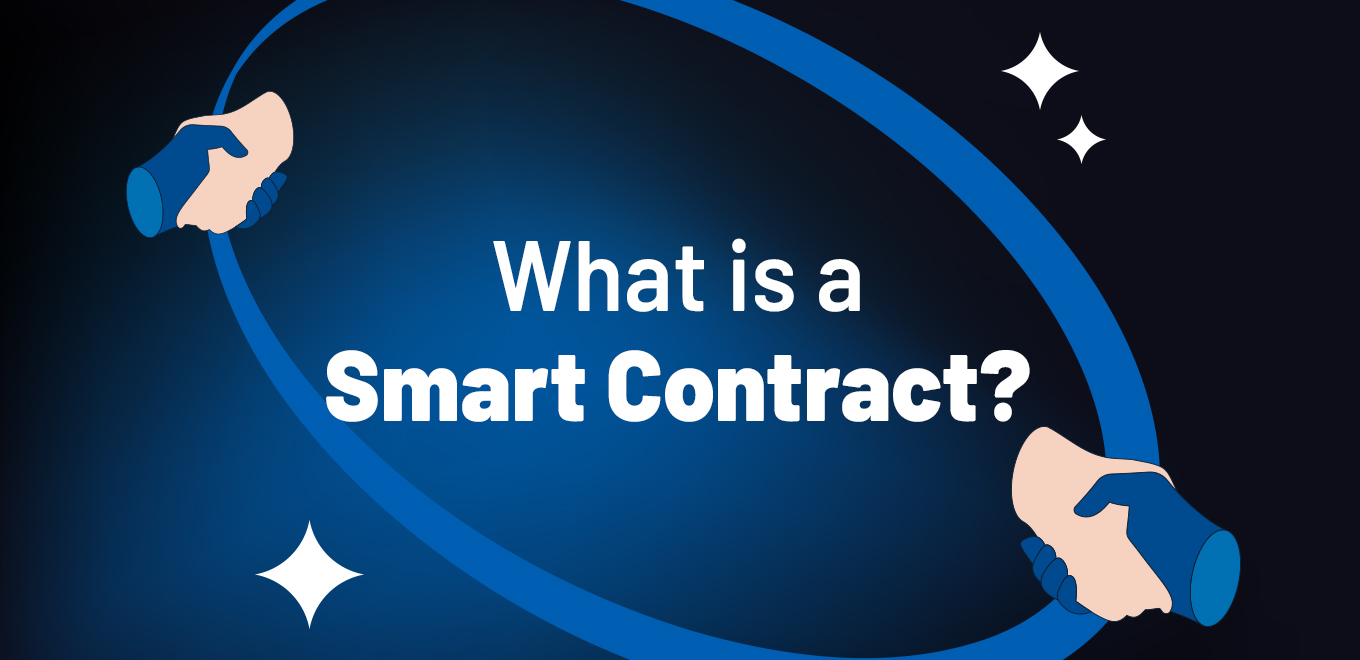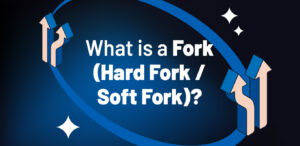The concept of smart contracts was first introduced in the early 1990s by computer scientist Nick Szabo and later integrated into blockchain technology with the Ethereum network. Smart contracts are technologies that enable transactions between users to be executed only when specific conditions are met. This article explains what a smart contract is and how it works.
TABLE OF CONTENTS
What is a Smart Contract?
Smart contracts are protocols that enable transactions on decentralized platforms to occur automatically based on specific preconditions, without the need for any intermediaries. With smart contracts, no retroactive changes can be made to transactions performed on the blockchain. This creates a trust-based environment between users. All transactions conducted through smart contracts remain recorded on the blockchain network. Smart contracts can be decentralized. Transactions between such contracts cannot be monitored or altered by any authority.
How Does a Smart Contract Work?
Smart contracts operate based on an “if-then” business model. The parties involved in the contract define specific conditions for the agreement. Once both parties approve the terms, they cryptographically sign the contract. The contract, once agreed upon by both parties, is added to the blockchain network. After that, the transaction between the users takes place. Smart contracts distinguish themselves from traditional contracts by offering features such as speed, low cost, and the absence of intermediaries. They aim to eliminate potential human errors that may arise in traditional contracts.
What Do Smart Contracts Provide to Users?
Smart contracts are executed directly between the users involved in the transaction, without the need for an intermediary. Smart contracts are stored and recorded on the blockchain. Once a contract is added to the blockchain, it cannot be retroactively altered. Contracts are encrypted and stored in blocks, which eliminates the risk of data loss or modification. The digital nature of the contracts and the absence of an intermediary institution allow transactions to be executed quickly and at a lower cost.
Examples of Smart Contracts
Token Transfer: When a certain amount of tokens needs to be transferred over the blockchain, the smart contract ensures that the transfer is automatically executed.
DeFi (Decentralized Finance): Decentralized exchanges like Uniswap work with smart contracts, enabling users to automatically buy and sell cryptocurrencies.
Conditional Use Cases: Smart contracts are triggered when certain conditions are met. Applications like insurance on the blockchain use smart contracts to provide compensation in the event of a loss, once the conditions are fulfilled. Industries such as insurance benefit from smart contracts for process automation and transparency.
NFT: Artists or content creators can create digital artwork as an NFT through smart contracts.
Voting Systems: In DAOs (Decentralized Autonomous Organizations), the process flow following votes is managed through smart contracts. For example, a code update approved in a vote is automatically integrated into the network once it receives approval.




